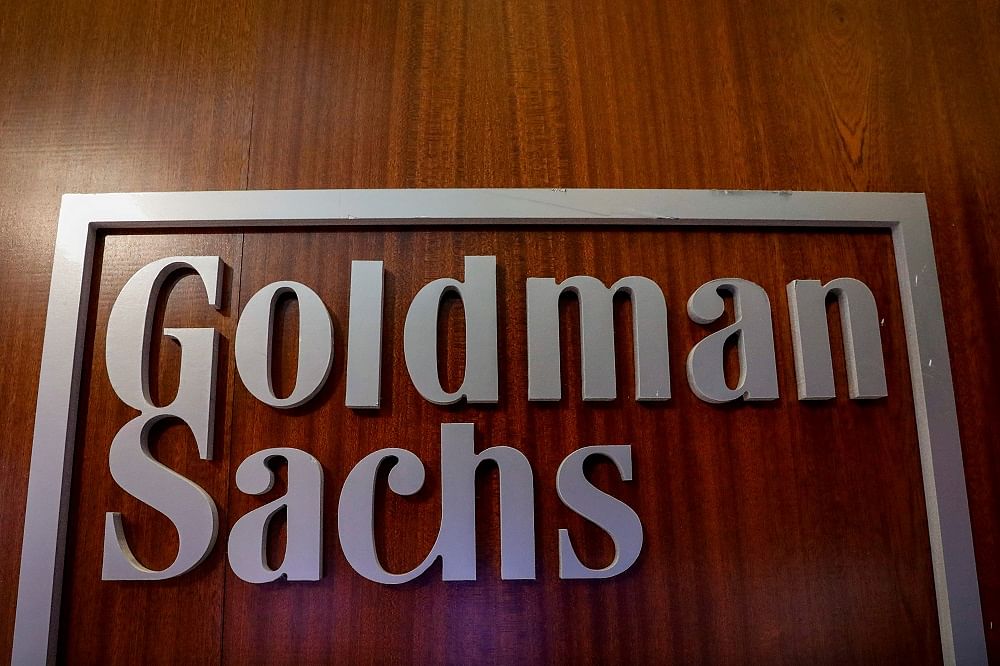
Goldman Sachs Group Inc dwarfed Wall Street estimates as its fourth-quarter profit more than doubled, powered by another blowout performance at its trading business and a surge in fees from underwriting a string of blockbuster IPOs.
Revenue from global markets, which houses the bank's flagship trading business, registered its best annual performance in a decade. Sales at the unit surged 23% to $4.27 billion in the quarter, raking in $21.2 billion in the full year.
Investment banking revenue jumped 27% to $2.61 billion during the quarter, driven mainly by equity underwriting, which was up 195% from the same period last year.
The bank's shares surged 2.6% in early trading, adding to a 20% gain in the past year.
Total revenue climbed 18% to $11.74 billion. The bank's net earnings applicable to common shareholders rose to $4.36 billion, or $12.08 per share, in the quarter ended Dec. 31.
Analysts had expected a profit of $7.47 per share on average, according to the IBES estimate from Refinitiv.
"We hope this year brings much-needed stability and a respite from the pandemic, but we remain ready to handle a wide range of outcomes," Chief Executive David Solomon said, as the bank reiterated the three-year targets it set for profitability and expense savings last January.
Goldman's performance was in line with broader gains for trading units across Wall Street banks, with JPMorgan Chase also reporting stronger-than-expected results as financial market volumes remained consistently high.
Record levels of capital markets activity during the quarter helped the Wall Street giant generate handsome underwriting fees from a number of high-profile IPOs including Airbnb, Doordash, Lufax and Root.
Goldman's latest performance was all the more impressive, as it comfortably absorbed a $3-billion hit to its annual profits, after reaching a settlement with the US Department of Justice and other US and overseas regulators over its role in Malaysia's 1MDB corruption scandal.
Unlike larger peers JPMorgan and Bank of America, Goldman has a relatively small consumer business, which has limited its exposure to loan defaults amid the pandemic and allowed it to focus on its core strength of closing deals.
Even so, the bank has stuck with a plan to build its consumer loans and credit card business.
Consumer banking revenue rose 52% in the quarter to $347 million and jumped 40% to $1.21 billion on an annual basis. The business is still minuscule compared to other large revenue-generators at the firm, representing just a fraction of the total in 2020.
Goldman's most comparable peer, Morgan Stanley, will round off the earnings season for large banks on Wednesday.